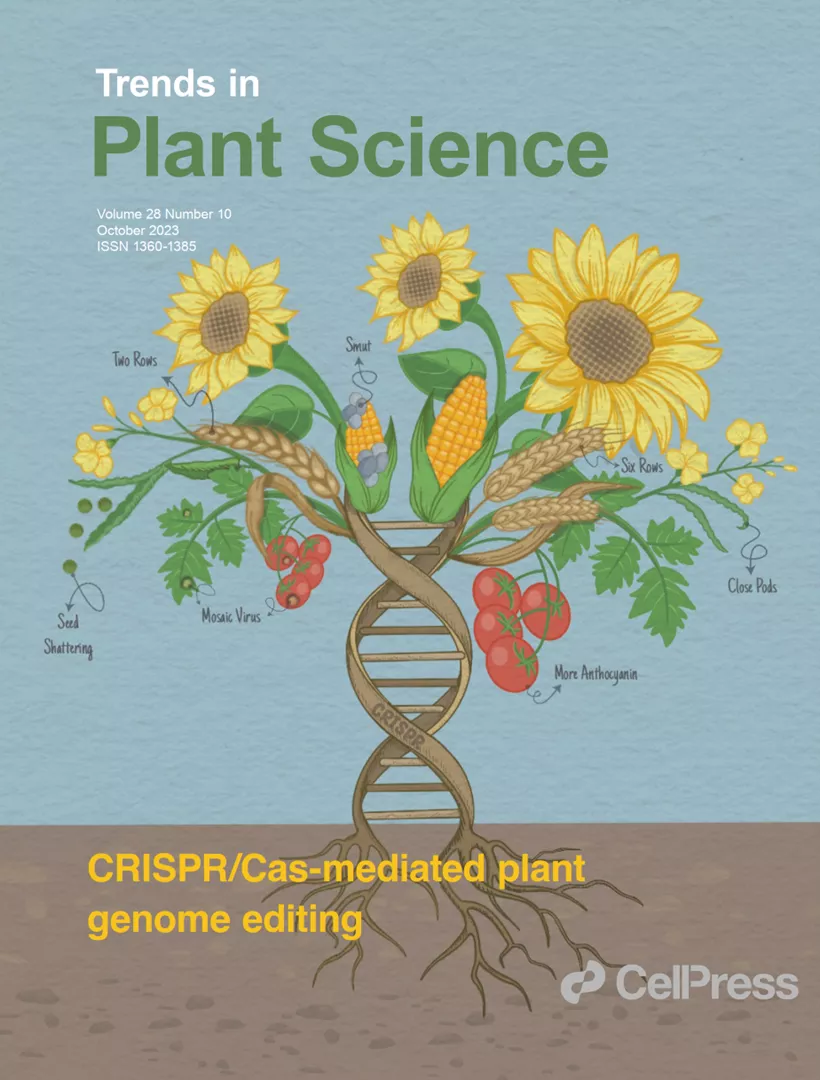An international team of authors, with László Sági, a senior researcher at the ELKH Centre for Agricultural Research (ATK) as the sole Hungarian member, recently published a critical review in the prestigious Trends in Plant Science, one of the world's top ten scientific journals in the field of plant biology. The paper reviews and evaluates the first ten years of the applications of CRISPR/Cas gene editing in plants.
Climate change and the diversity of consumer needs require innovative methods to modify the present crops continuously and rapidly for the development of new varieties. In the past decade genome editing by the CRISPR/Cas system and derivatives has emerged as a novel and effective technology for functional genome studies and gene discovery as well as for breeding new traits and genotypes.
The discovery of the CRISPR/Cas genome-editing system has revolutionized our understanding of the plant genome. CRISPR/Cas has been used for over a decade to modify plant genomes for the study of specific genes and biosynthetic pathways as well as to speed up breeding in many plant species, including both model and non-model crops. Although the CRISPR/Cas system is a very efficient tool for genome editing, many bottlenecks and challenges slow down further improvement and applications. The paper reviews and discusses the challenges that can occur during tissue culture, transformation, regeneration, and mutant detection. The authors also evaluate the opportunities provided by new CRISPR platforms and specific applications related to gene regulation, abiotic and biotic stress response improvement, and de novo domestication of plants.
